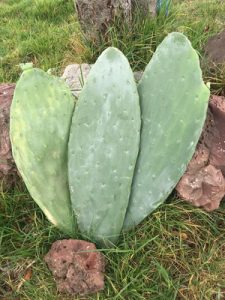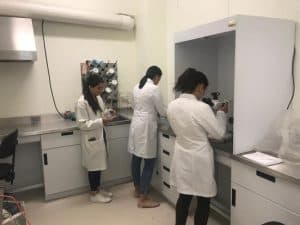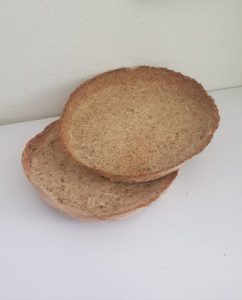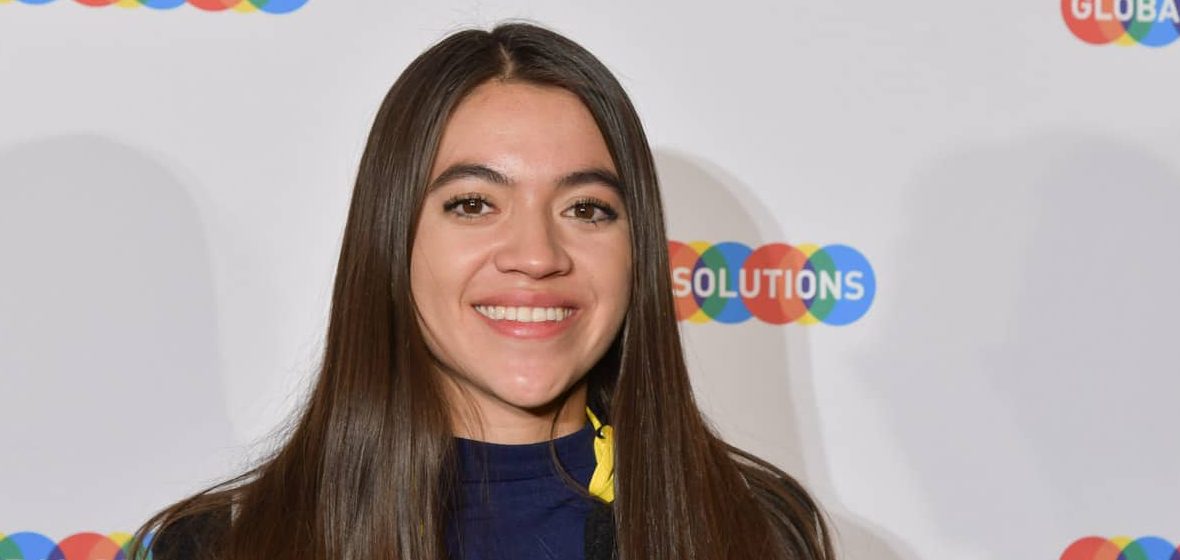
Considering the widespread use of plastics in various fields such as food packaging, single-use products, healthcare, and in personal care products, they have become important materials in our daily life. Unfortunately, synthetic plastics are mostly produced from petrochemical processes which create numerous environmental challenges. Mexico is one of the world’s leading producers of single-use plastics. The National Association of Plastic Industries (ANIPAC) and the National Association of the Chemical Industry (ANIQ) estimate that per year Mexico alone consumes 125,000 tons of Styrofoam, a material which is often used to produce take-away coffee cups and is very difficult to recycle.
Across the globe, Governments are implementing laws and regulations to prohibit and drastically reduce the production of plastic products. In March of 2019 the European Parliament approved a new law banning single-use plastic items such as plates, cutlery, straws and cotton buds sticks by 2021. It is expected that other regions such as Latin America may follow.
Consequently, there is a growing demand for eco-friendly plastics, known as degradable bioplastics. These are produced from renewable resources and have the capacity to decompose naturally. These new materials can contribute to a more sustainable society and to solving global environmental and waste management problems.
To contribute to solving the problems created by single use plastics, Minerva Valier Camacho, a 2019 Young Global Changer from Mexico founded BIOVATEC, a biotech startup dedicated to the development of technologies focused on the synthesis and production of bioplastics based on biomass and organic waste. Their solution to the plastic-waste-problem is based on using cactus material to produce degradable plastics. Minerva’s project was awarded the 1st place in the Hult Prize on the national level and participated in the regional stage competing with projects from more than other 15 countries. The Hult Prize awards “sustainable and impact centered startups emerging from university” who are aiming at changing the world.
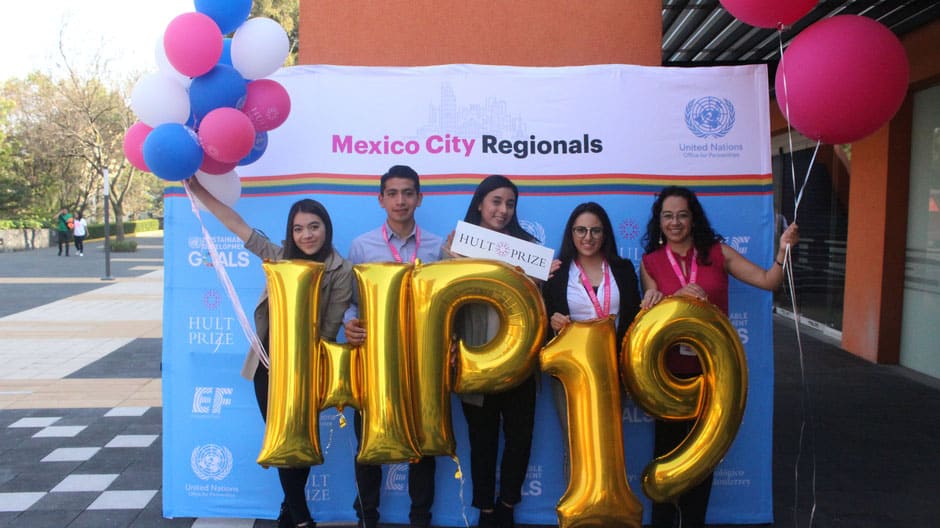
Mexico is the top Nopal cactus producing country in the world, therefore, Minerva and her team decided that this endemic specie would be an excellent raw material for their products. They decided to use a specific type of the Nopal cactus which is not edible and therefore the production does not negatively affect the food sector. This factor was crucial for their decision because they did not want to provide a solution for one problem while creating a different problem in another sector at the same time.
In addition to using cactus materials, a second life is also given to the peels and leaves from other fruits by incorporating them into the manufactured plastic. This fruit waste usually ends up being discarded, but Minerva and her team instead collect this waste to transform it into a new material. “We are a startup that promotes eco-innovation and we are also implementing a circular economy in our process”, Minerva told us.
Once the raw material from the cactus and fruit waste is collected, it goes through a laboratory process to give the material the desired hardness and impermeability. Later molds are used to shape and obtain the final product. With this innovation, the startup aims to replace the synthetic plastic of single use disposable products such as straws, cutlery, plates and cups, and manufacture them with this new sustainable material.
Minerva and her team estimate that the material can degrade in one year under natural compost conditions and even faster if in contact with water. This is a strong contrast to other plastics which last more than one hundred years without integrating into the environment. Moreover, the new material is not toxic to animals, which is important in case the product is discarded to the seas or other natural areas. Nevertheless, Minerva is urging everyone to discard their plastics responsibly, even if they use degradable plastics.
Currently, the startup is conducting the last tests to verify that the degradable plastics are stable in different conditions of temperature, humidity, solubility and resistance. BIOVATEC is currently looking for investors and allies from all sectors to launch the degradable plastics as soon as possible.
___
The views and opinions expressed in this article are those of the authors and do not necessarily reflect the views of the Global Solutions Initiative.
___
 Minerva, a Young Global Changer of 2019, is a young biotech student and entrepreneur. Co-Founder and CTO of BIOVATEC, a startup committed to the innovation and development of 100% degradable bioplastics made from organic waste such as fruit peels as well as other natural additives. It is expected that this new material will replace synthetic plastic to manufacture disposable single-use products.
Minerva, a Young Global Changer of 2019, is a young biotech student and entrepreneur. Co-Founder and CTO of BIOVATEC, a startup committed to the innovation and development of 100% degradable bioplastics made from organic waste such as fruit peels as well as other natural additives. It is expected that this new material will replace synthetic plastic to manufacture disposable single-use products.

